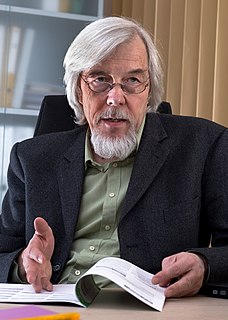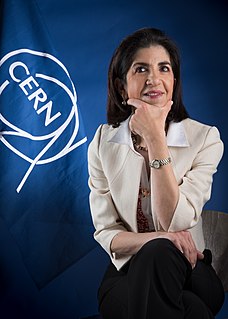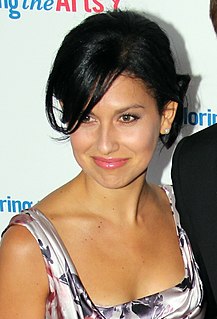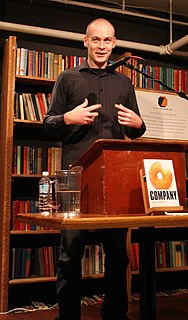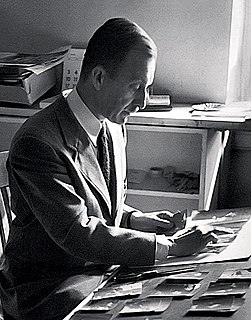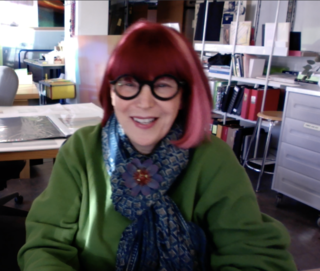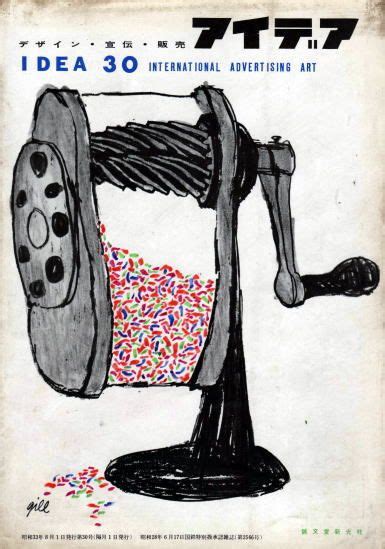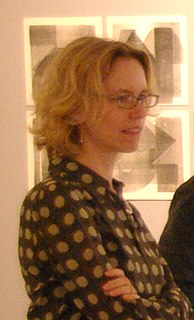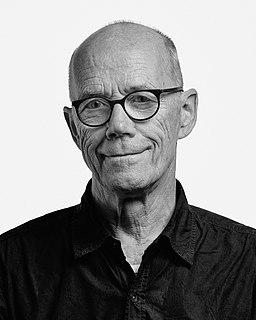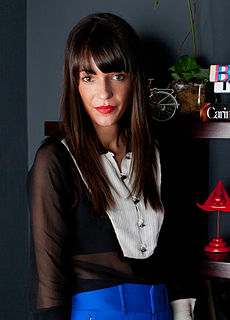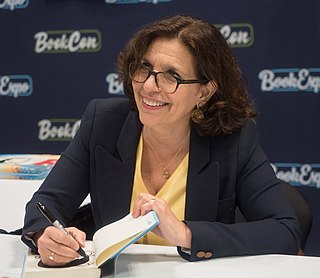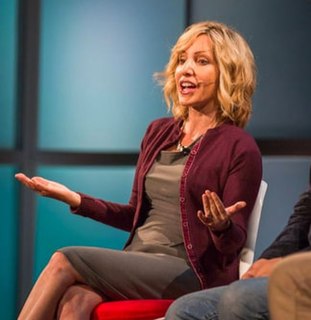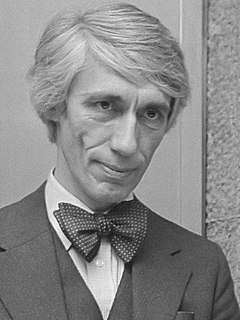A Quote by Michael Bierut
The scientists at CERN were actually surprised that people commented on this. Reportedly Fabiola Gianotti, the coordinator of the CERN program to find the Higgs Boson, was asked why she had selected Comic Sans. She simply said, "Because I like it."
Related Quotes
Geneva has a long history of hosting international organizations, which is part of the reason why CERN is here. CERN has signed agreements with the ITU, WIPO and the WMO. At first sight, there may not seem to be much common ground between CERN and, say, the World Meteorological Organization, but scratch the surface, and you'll soon find a common thread. All of these organizations have a vocation to stimulate technological innovation, and together we're stronger.
She asked me what was wrong, and I told her I had to end it. She was surprised, and asked my why I thought so. I told her it wasn't a thought, more a feeling, like I couldn't breathe and knew I had to get some air. It was a survival instinct, I told her. She said it was time for dinner. Then she sat me down and told me not to worry. She said moments like this were like waking up in the middle of the night: You're scared, your'e disoriented, and you're completely convinced you're right. But then you stay awake a little longer and you realize things aren't as fearful as they seem.
We were watching 'Madagascar' and Carmen asked me, she said, 'Is the zebra a boy or a girl?' and I said, 'He's a boy,' and she said 'How do you know?' and I said, 'Because I know him. I actually know all the actors that are doing the voices.' And she looks at me and she's like, 'You know a zebra? You know a talking zebra?'
She didn’t understand why it was happening,” he said. “I had to tell her she would die. Her social worker said I had to tell her. I had to tell her she would die, so I told her she was going to heaven. She asked if I would be there, and I said that I would not, not yet. But eventually, she said, and I promised that yes, of course, very soon. And I told her that in the meantime we had great family up there that would take care of her. And she asked me when I would be there, and I told her soon. Twenty-two years ago.
I have a friend, a pastor, who applied with me and 419 other people for 25 seats on a special advisory board. Though I believed she was infinitely more qualified than me, she wasn't selected and I was. When I saw her at her church weeks later, I asked her how she felt about the decision. While disappointment, self-doubt and defeat would have been normal reactions to the Board's decision, my friend said she felt great. 'How come?' I asked. She said with a smile, 'I just figured God had something better in store for me.'
She had been in situations like this, where people said, Convince me, and in none of those had they actually wanted to be convinced. She could lay down a perfect argument and they just invented new bullshit on the spot to justify why the answer was still no. When people said, Convince me, she knew it didn’t mean they had an open mind. It meant they had power and wanted to enjoy it a minute.
She said she knew we were safe with you, and always would be, because once, when she asked you to, you'd given up the thing you most wanted." Archer received this strange communication in silence. His eyes remained unseeingly fixed on the thronged sunlit square below the window. At length he said in a low voice: "She never asked me.
On some such night as this she remembered promising to herself to live as brave and noble a life as any heroine she ever read or heard of in romance, a life sans peur et sans reproche; it had seemed to her then that she had only to will, and such a life would be accomplished. And now she had learnt that not only to will, but also to pray, was a necessary condition in the truly heroic. Trusting to herself, she had fallen.
I asked each if [Yao Xingtong and Zhang Lanxin] was afraid of heights. Each said no, and although they had never had the action movie experience they were willing to be trained. Then I asked if they could swim, and each said yes, but she (gestures toward YX) is better. She said, I can also dive, in fact I once won a diving championship in an international competition. Then she said, "But big brother, I'm not very strong," and I said that's all right.
People said things they didn't mean all the time. Everybody else in the world seemed able to factor it in. But not Lena. Why did she believe the things people said? Why did she cling to them so literally? Why did she think she knew people when she clearly didn't? Why did she imagine that the world didn't change, when it did? Maybe she didn't change. She believed what people said and she stayed the same." (Lena, 211)

